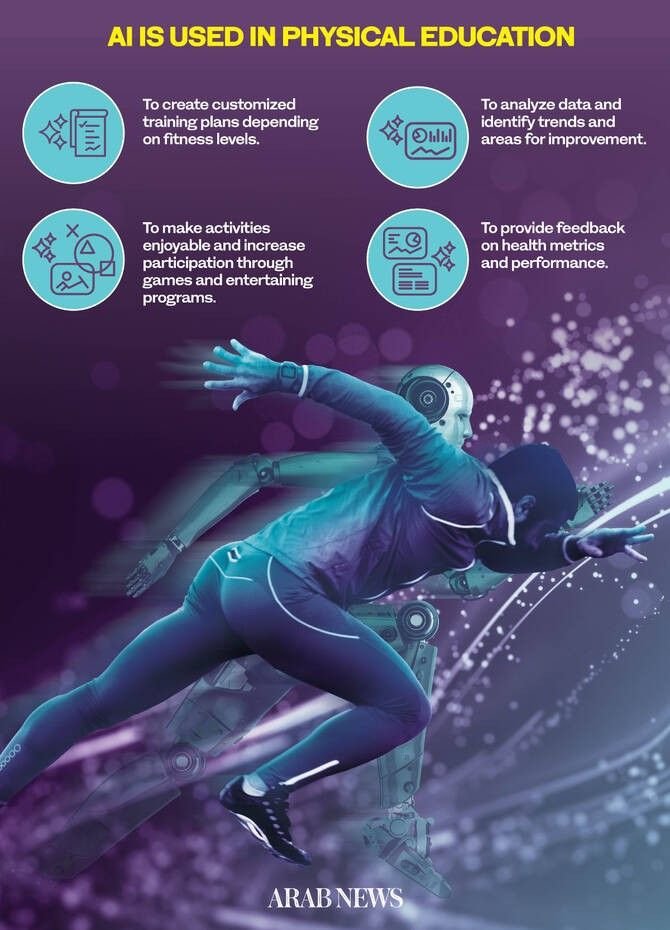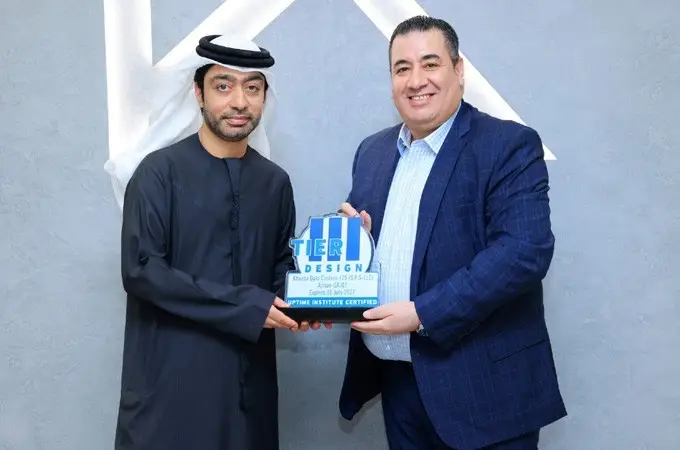RIYADH – As part of its ambitious Vision 2030 goals to enhance citizens’ quality of life, Saudi Arabia is harnessing artificial intelligence (AI) to foster a healthier, more active population. AI is being integrated extensively across healthcare, education, and consumer fitness platforms, shaping a nationwide movement towards improved physical wellbeing.
One leading example is the King Faisal Specialist Hospital and Research Center in Riyadh, which employs AI to streamline patient care pathways, support recovery, and empower families with personalized health education. Dr. Ahmad AbuSalah, director of the Center for Healthcare Intelligence at the hospital, described the current era as a “golden time for entrepreneurs, innovators, organizations, and researchers” embracing digital transformation in the Kingdom.
Driven by the healthcare transformation program of Vision 2030, King Faisal’s strategy emphasizes cost reduction, wider care access, and delivering superior services—areas where AI plays a critical role. However, Dr. AbuSalah cautioned that AI adoption must be strategic and sustainable to deliver tangible patient benefits, warning against short-lived AI projects that fail to add lasting value.
A standout application is the hospital’s operational intelligence system, which uses predictive analytics to guide patient journeys from admission to discharge. For example, it can predict a patient’s experience up to three days before a cancer treatment appointment, enabling proactive interventions and better outcome management.
AI also significantly reduces administrative burdens on physicians, a major factor behind burnout. By automating non-clinical tasks such as documentation and report generation, AI frees doctors to focus on direct patient care, improving both staff wellbeing and care quality.
Beyond hospitals, AI-powered mobile apps encourage healthier lifestyles by tracking sleep, diet, and exercise, providing personalized insights that promote small, achievable habits like walking or cycling—currently the most popular physical activities among Saudi adults. Yet, a 2024 report from the General Authority for Statistics highlighted a gender gap: 23.2% of men are physically active compared to only 14% of women. AI offers potential solutions by delivering accessible, culturally appropriate fitness options for women within homes or communities.
In schools, AI transforms physical education by helping teachers tailor lessons to individual student needs, increasing engagement and inclusivity. This aligns with broader initiatives to instill lifelong fitness habits. For instance, in 2024, the Ministry of Education introduced rugby as an elective sport, underscoring the rising emphasis on healthy lifestyles from a young age.
Experts stress that while AI is a powerful tool, sustainable success requires ongoing investments in infrastructure, educator training, and culturally aligned tools that support Saudi Arabia’s health and social objectives.
Through these integrated efforts, Saudi Arabia is elevating AI beyond technology adoption—ushering in a public health revolution that helps its people move more, live healthier, and feel better every day.















